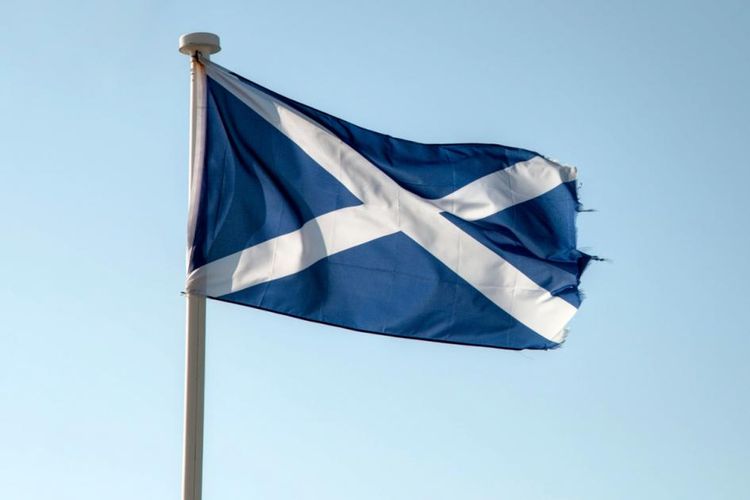St Andrew's Day: Why does Scotland celebrate the date?

St. Andrew's Day is here and many people in Scotland are commemorating their patron saint, Andrew the Apostle.
Although the national day is a traditional event that occurs today (November 30), lots of people may not understand why we celebrate it.
We commemorate St Andrew's Day annually and honor Andrew, who is our patron saint. This is the reason why.
The Significance Of St Andrews Day
In 1320, Scotland picked St. Andrew as their patron saint. (Picture: Getty)
Scotland celebrates St. Andrew's Day in honor of their patron saint, Andrew the Apostle.
Back in 1320, Scotland asked the Pope for help against the English invasion. To show their commitment to the cause, they chose Andrew as their patron saint.
People considered him a good option because he was Saint Peter's brother, who founded the church, and he also acted as one of Jesus's followers.
Additionally, various tales and stories exist that explain why Andrew holds a unique position in Scotland's past.
Every year on November 30th, people across the world observe St Andrews Day. (Photo: Getty Images)
There is a story that suggests that the Scots come from the Scythians who lived in Bulgaria and Romania many years ago.
According to the account, Andrew the Apostle brought Christianity to the early Scots before they relocated to the British Isles.
One more thing to note is that Andrew, who had a reputation for travelling extensively before being crucified, journeyed as far as Scotland's northern region to create a church in Fife.
"Other Patronages Of Saint Andrew"
Several nations have Saint Andrew as their protector, including the Caribbean archipelago of Barbados, Romania, Ukraine, and Russia.
Additionally, there are various cities that consider him as their patron saint. Some of these cities are Pienza and Amalfi located in Italy, Esgueira in Portugal, Luqa located in Malta, Parañaque in the Philippines, and Patras in Greece.















































